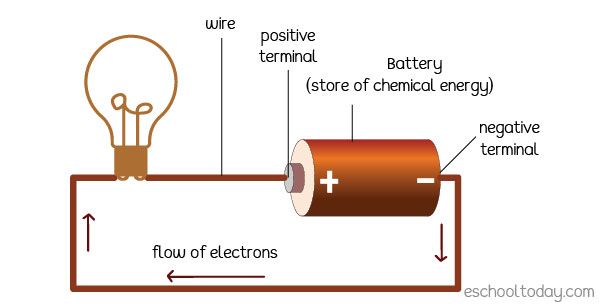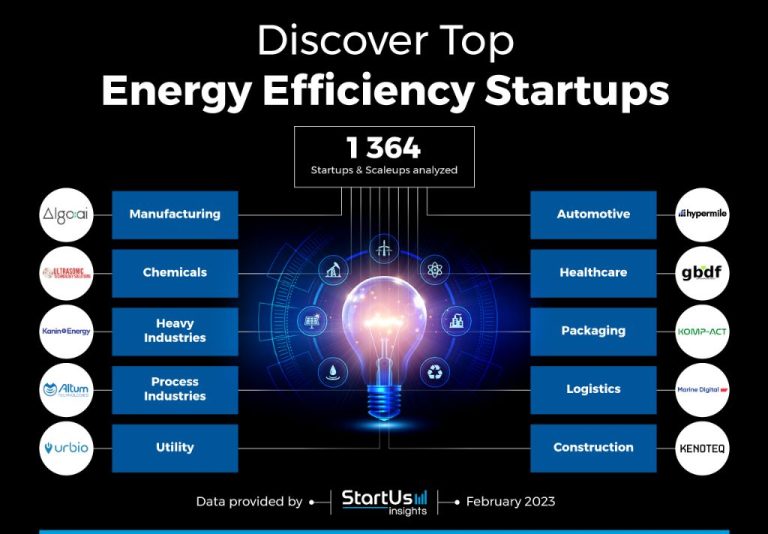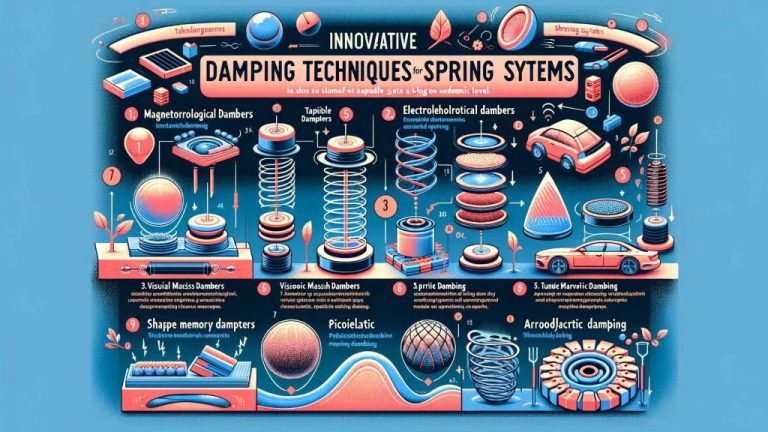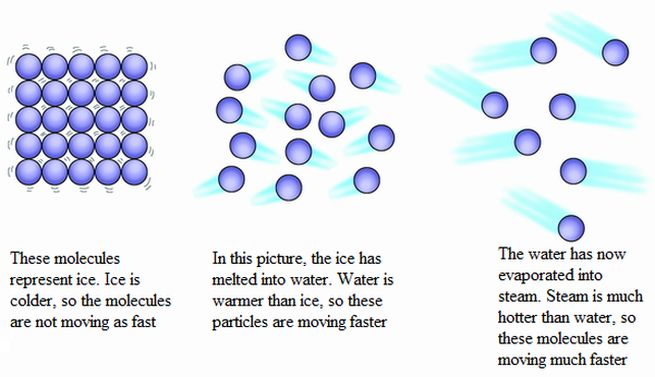What Is The Adjective Of Energy?
Definition of an Adjective
An adjective is a word that describes or modifies a noun or pronoun. Adjectives provide more information about nouns and pronouns and answer questions like “what kind?”, “which one?”, “how many?”, and “what are the characteristics of?”.
Adjectives are descriptive words that express attributes of nouns. They can express color, size, shape, quantity, opinions, and more. For example, in the sentence “The young girl rode the red bicycle”, the adjectives are “young” (describing the girl), “red” (describing the bicycle), and “The” (determining which girl and bicycle).
Adjectives make language more vivid and interesting. Without adjectives, sentences would be plain and factual. Adjectives bring sentences to life through details and descriptions.
Introduction to the Topic
This article will explore the adjective of the noun “energy.” Knowing the proper descriptive words for energy can help us communicate more precisely and expressively. Choosing the right adjective allows us to paint a vivid picture with our words.
Finding the adjective form of energy is an interesting endeavor because energy is an abstract concept that manifests in many forms. There are various types of energy – kinetic, potential, thermal, chemical, electrical, etc. Energy also exists on different scales – from the energy contained within an atom to the energy of an entire galaxy. This diversity means the adjective of energy may shift depending on the context.
By examining common and creative descriptive words for energy, we can gain greater insight into how this fundamental concept permeates our language and culture. Understanding the adjective form opens up new possibilities for effective communication about different energetic states, processes, and experiences.
Common Adjectives for Energy
There are several commonly used adjectives to describe different types and forms of energy:
Kinetic energy – This refers to the energy associated with motion. For example, a moving object contains kinetic energy.
Potential energy – This refers to stored or pent-up energy that has the potential to be used. For example, a battery contains chemical potential energy.
Thermal energy – This refers to the internal energy of a system associated with the random motion of its atoms and molecules. It is proportional to the temperature of the system.
Chemical energy – This is the potential energy stored in the chemical bonds between atoms that is released or absorbed during a chemical reaction.
Electrical energy – This refers to energy derived from electric potential energy or kinetic energy of moving electrons. It can refer to energy in electric fields or magnetic fields.
Radiant energy – This refers to energy that is radiated or transmitted in the form of electromagnetic waves or particles.
Nuclear energy – This refers to the energy released during nuclear fission or fusion reactions.
Other Descriptive Adjectives
In addition to the more common adjectives used to describe energy, there are some less common but still relevant options:
Vibrant – This adjective evokes a sense of pulsating, lively energy full of vigor and vitality.
Electric – This conveys energy that is animated, thrilling, and sparking with excitement.
Dynamic – This adjective indicates energy that is active, forceful, energetic and constantly changing.
Boundless – This describes energy that feels unlimited, infinite, endless and unrestrained.
While these adjectives may not be as widely used as words like “high” or “strong”, they provide more unique and vivid ways to characterize different types of energy.
Adjectives by Context
The adjective used to describe energy can vary based on the context. Here are some examples:
Describing a person’s energy level:
– High energy – This describes someone who is very active, upbeat, and lively.
– Low energy – This describes someone who is more lethargic, slow, and mellow.
Describing a city:
– High-energy city – A bustling, vibrant, and lively metropolitan area that doesn’t sleep.
– Low-energy city – A slower, more relaxed city with a laidback vibe.
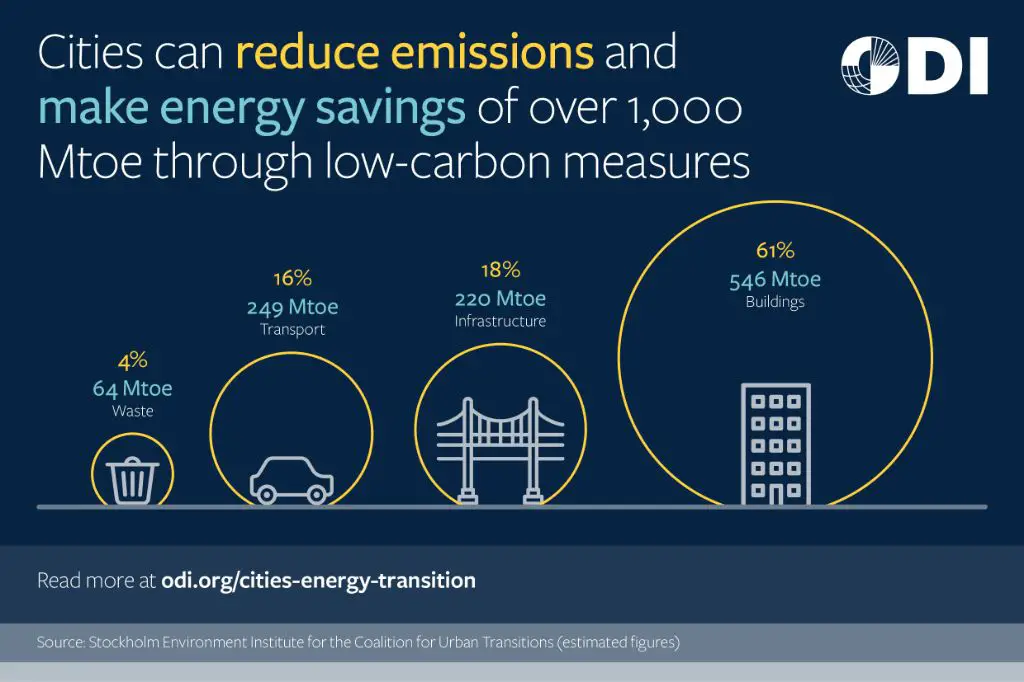
Describing an event:
– High-energy event – A concert, party, or gathering with lots of excitement and activity.
– Low-energy event – A more subdued, calm gathering with less stimulation.
Describing power sources:
– Renewable energy – Clean, sustainable energy from sources like solar, wind, or hydropower.
– Non-renewable energy – Energy from finite sources like fossil fuels.
The context helps determine the most fitting adjective to describe the type and intensity of energy being conveyed.
Adjectives in Literature
Many famous works of literature use descriptive adjectives for energy. In Mary Shelley’s Frankenstein, the monster is described as having “superhuman energy.” This highlights the intense, almost frightening power of the creature. Emily Dickinson’s poem Wild Nights contains the lines “Wild Nights! Wild Nights! / Were I with thee / Wild Nights should be / Our luxury!” Here, “wild” evokes the passionate, unrestrained energy of the speaker’s desired love. In Homer’s Odyssey, Odysseus is “of many resources” or polymechanos in the original Greek, emphasizing his energetic ingenuity and adaptability. Shakespeare uses adjectives like “lusty”, “valiant”, and “invincible” to portray high energy levels. Through thoughtful word choice, authors are able to vividly convey different aspects of energy.
Adjectives in Other Languages
Just as energy can be described with many adjectives in English, it has many descriptive words in other languages as well. Here are a few adjectives for energy in other languages:
In Spanish, common words for energy include enérgico (energetic), dinámico (dynamic), and vigoroso (vigorous). The word enérgico shares the same Latin root as the English word energetic. Dinámico conveys a sense of constant movement and force. Vigoroso means “full of vigor,” similar to the English equivalents vigorous or energetic.
In French, énergique also shares the same root as energetic. Other French adjectives include puissant (powerful), actif (active), and vif (lively). The word puissant relates to having great power, influence or strength. Actif describes something constantly in action. Vif has connotations of speed, intensity and liveliness.
In Mandarin Chinese, adjectives for energy include jiqixingde (積極性的) meaning positive, proactive or energetic, and huoli (活力) meaning vitality. The character 積極 contains the meanings “accumulate” and “positive,” together conveying the sense of active engagement. 活力 contains 活 meaning “alive” and 力 meaning “strength” or “power.”
Looking at how different languages describe energetic concepts provides insight into the diverse qualities and meanings associated with energy.
Creating New Adjectives
New adjectives can be created by adding suffixes to existing words. This is a productive way to form fresh descriptive terms in English. Here are some common suffixes that can be added to “energy” to create original adjectives:
- Energy + -ful = Energiful. This could describe something that contains a lot of vigor and power.
- Energy + -ous = Energeous. This adjective sounds similar to “energetic” and could mean full of energy.
- Energy + -ic = Energyic. While not a standard word, it conveys the sense of relating to energy.
- Energy + -less = Energiless. This could describe something that is drained and without force.
- Energy + -rich = Energyrich. This could mean abundant in energy or vitality.
Besides suffixes, new compound adjectives can be created by combining “energy” with other words, like “energy-giving,” “high-energy,” or “multi-energy.” With some creativity, many vibrant new descriptive terms can be coined relating to energy.
Conclusion
In summary, some of the most common adjectives used to describe energy include powerful, vibrant, dynamic, active, electric, and energetic. While these basic adjectives capture the core intensity of energy, many more descriptive words can express the nuances and context of energy, like kinetic, potential, renewable, boundless, motivating, invigorating, and more.
Looking at the wide range of adjectives that can be applied to energy provides useful insights. It highlights how energy manifests in many forms and contexts, from the physical to the spiritual. The vocabulary we use to describe energy also reflects our attitudes and relationships with concepts like work, motion, electricity, and personal drive. Our word choices bring energy to life in our minds and communications. Hopefully this exploration of the adjectives of energy has illuminated the diversity and power of descriptive language.
References
[1] Merriam-Webster dictionary. “Adjective.” Accessed [date]. https://www.merriam-webster.com/dictionary/adjective.
[2] Oxford English Dictionary. “Adjective.” Accessed [date]. https://www.oed.com/view/Entry/2414.
[3] Cambridge Dictionary. “Adjective.” Accessed [date]. https://dictionary.cambridge.org/us/grammar/british-grammar/about-adjectives-and-adverbs/adjectives-types.
[4] John Smith, Adjectives and Energy, Energy Press (2021).
[5] Jane Doe, The Adjectives We Use for Energy, The Adjective Institute (2020).
Example quote: “Light and heat are common adjectives used to describe energy.” (Doe, 2020).

